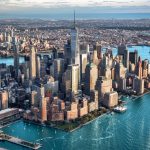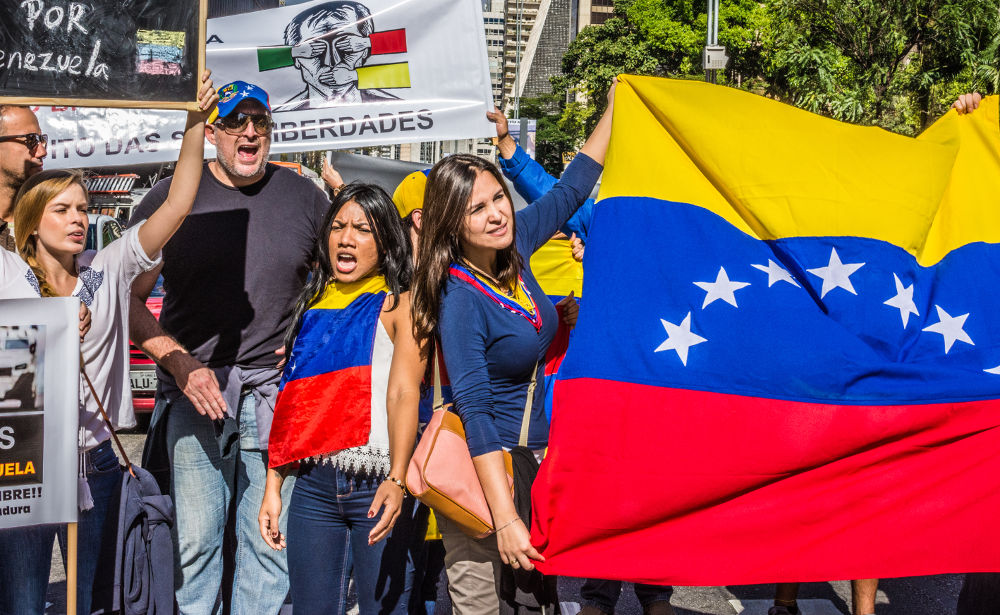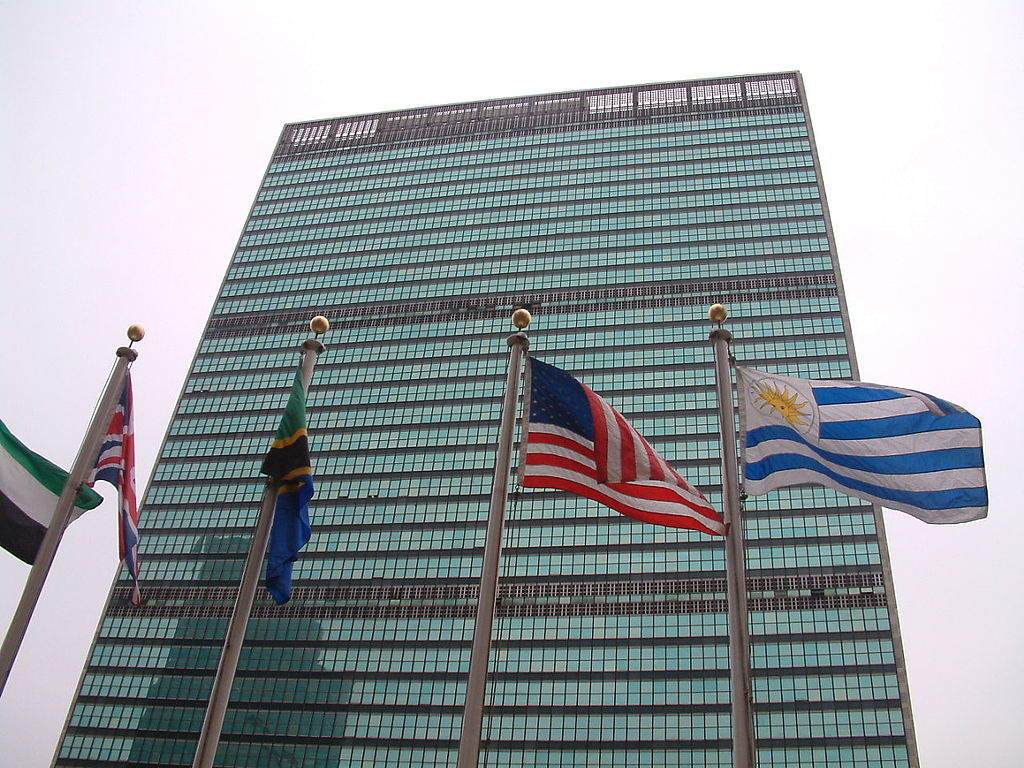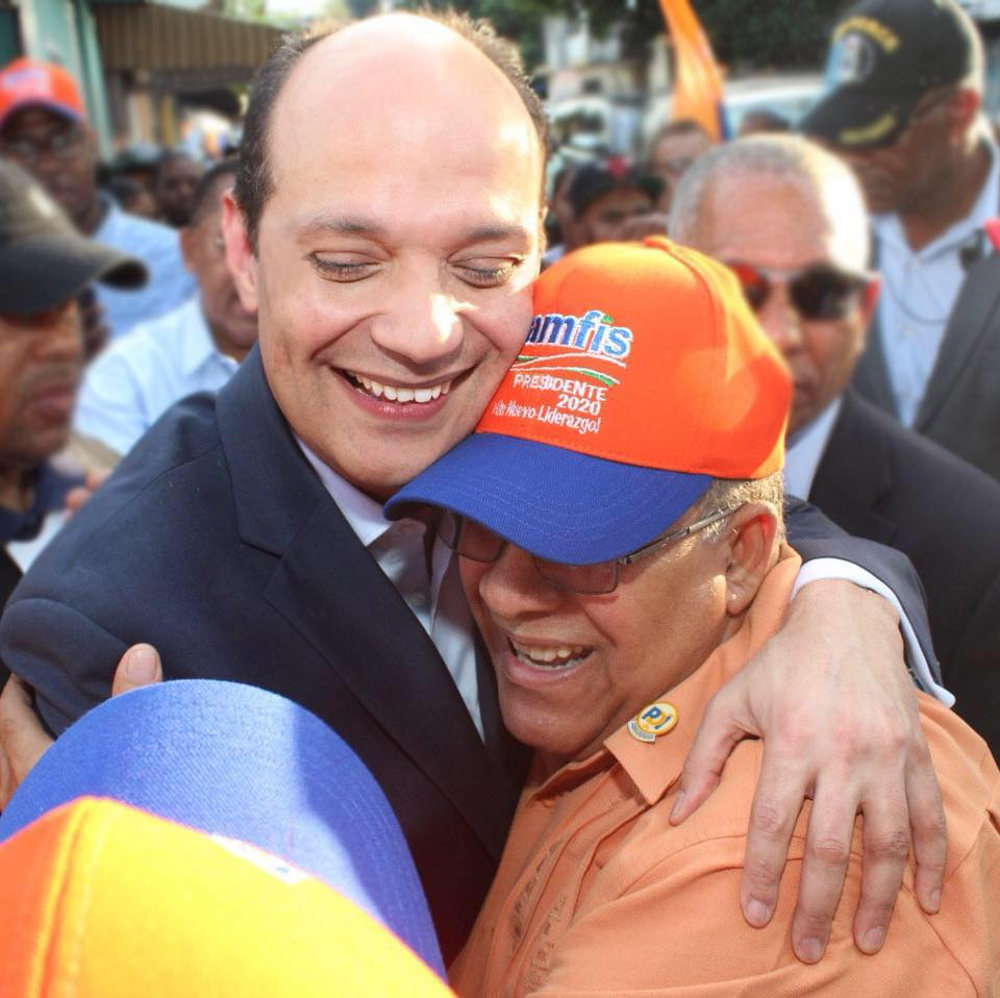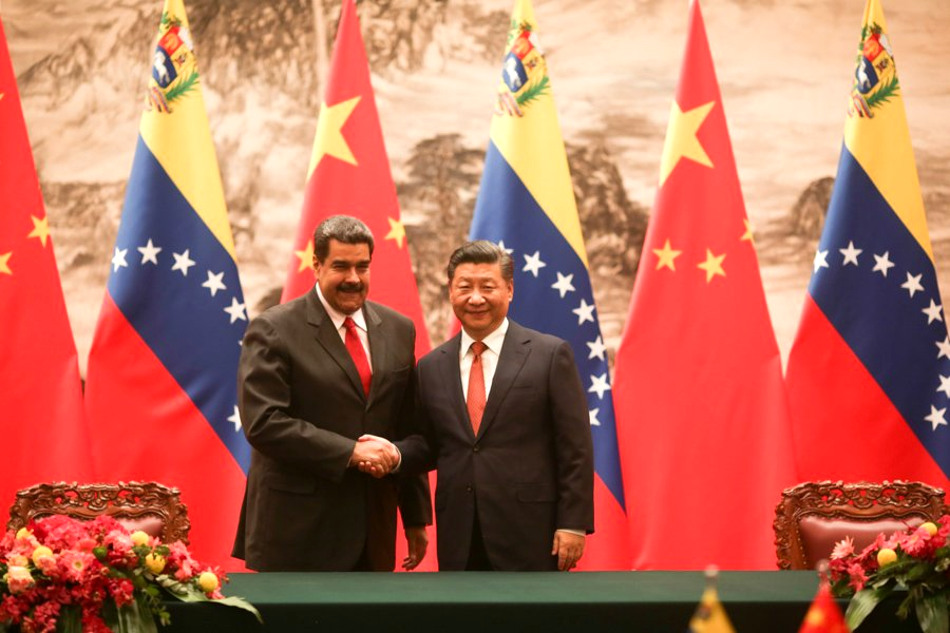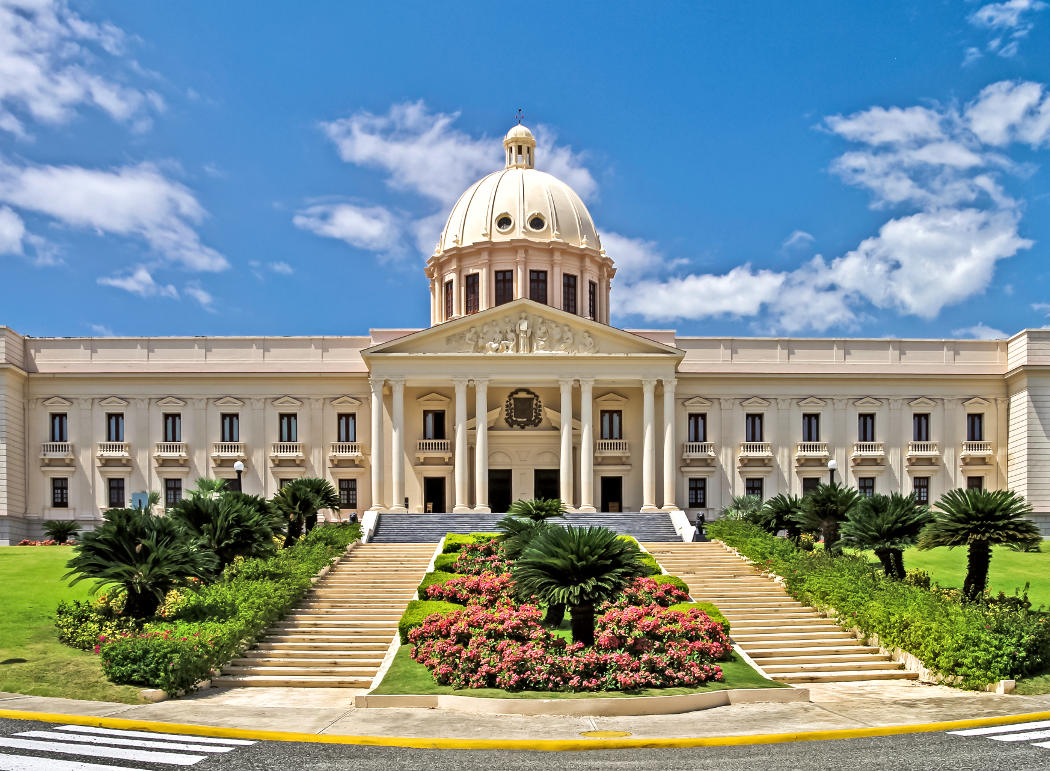SANTO DOMINGO, Dominican Republic (ViaNews) – Currently, we’re witnessing the tragedy of homeless Venezuelans in the Dominican Republic.
Over the last years, the Venezuelan migration can be considered one of the great humanitarian tragedies in the Western Hemisphere. South America has always been a migrant destination to and from countries with a complex series of alleged dictatorial governments of various shades. The Venezuelan situation is somewhat different, though. Its current political situation has allegedly caused an economic depression at all levels that make it almost impossible for its citizens to earn a decent living, including the lack of food, medical supplies, and other necessary commodities.
The Dominican news agency, RCN Noticias, reported on January 28, 2016, various aspects of the Venezuelan crisis as follows: “Closed businesses, lack of consumer products necessary for the needs of only one month of basic foods is the dark panorama existing in Venezuela.” The same report added, “In the streets the situation is tense, the police are trying to keep control of supermarkets, while the population is desperate for food.” The same RCN Noticias report quotes the Venezuelan Chamber of Food saying “if the country´s government does not produce foreign currency the situation will worsen in the next few days”, referring to the government need to buy food abroad, as it’s running out.
The Washington Post, in its March 2, 2018 edition states that “The massive scale of the exodus is being compared to the flow of Syrians into Western Europe in 2015. And, just as in that crisis, countries overwhelmed by the flood of new arrivals are beginning to bar their doors.” And adds, “ ‘This is a humanitarian crisis’, said Willington Munoz Sierra, regional director of the Scalabrini International Migration Network, a Catholic charity running a shelter in this border city, where desperate Venezuelans are now living in parks and cheap motels or sleeping on sidewalks.”
What’s happening in the Dominican Republic
Specifically regarding the Dominican Republic, which has been waging a hot battle over the Haitian migration, as far as stated by the local newspaper Listin Diario, on April 18, 2018, “Venezuelan migration has increased from 3,434 in 2012 to 25,872 in 2017”.
Dominican Today, a Dominican newspaper in English reported on January 17, 2018 that “Venezuelans in the Dominican Republic are asking the Dominican Government to help legalize their status”, as most are on over-extended tourist visas leaving them open to deportation. The Government has announced a legalization program denominated ‘Legalization of Foreigners Program’, (Programa de Regularizacion de Extranjeros), granting them a “humanitarian visa”, in other words, some sort of status recognition, Diario Libre, a Dominican Republic newspaper, reports.
The Dominican Government is attempting to gather updated information for the Foreigners Regularization Plan regarding the current situation of foreigners in the Dominican Republic, such as country of origin, foreign currency reception, or shipping home, years of arrival in the country, ID documents or passport, occupation, academic history, etc.
According to Dominican Today newspaper, there are currently about 30000 Venezuelans in the Dominican Republic. Additionally, in their March 23, 2018 report, the Center for Strategic and International Studies (CSIS), has stated that: “Venezuela’s Crisis Is Now a Regional Humanitarian Disaster”.
The situation is not rosy for Venezuelans in the Dominican Republic as we can see reported by Listin Diario on January 18, 2018, “Venezuelans deplore the hardships they go through to apply to the Government´s Foreigners Regularization Plan.” According to the Venezuelan “Unions” in the Dominican Republic, the Government has informed them that the Regularization Plan for Foreigners is “only for Haitian nationals”, which some Venezuelans consider discriminatory. They further explained that Venezuelans who are interested in regularizing their status in the country must return to Venezuela and initiate a series of procedures at the Dominican Consulate there, procedures which they deem impossible.
Venezuelans as perceived by Dominicans
Venezuelans are generally viewed positively by the majority of Dominicans. My personal experience is good to very good. They are generally found in restaurants, both serving tables as in the kitchen.
Many can be found early every day on street corners preparing juices and other soft drinks which many Dominicans buy. The surprising fact that one picks up if one strikes up a conversation with them, is that most were professionals back home: nurses, medical assistants, administrators, school and college teachers, who cannot work in their professions in the Dominican Republic. Generally, they are educated (both academically and personally), very well behaved, courteous, positive, good-humored, etc. In general, nice people.
Many companies looking for employees insist that recruiters provide candidates that are Venezuelans. Of, course, in drastic situations, many Venezuelan girls have been drawn into prostitution, many in very poor conditions. Dominican police have freed many who had been kept prisoners in brothels, etc. Plus they are generally good-looking!
Many have had great success cooking typical Venezuelan foods such as “cachapas” ( a type of pastry stuffed with ground beef or chicken), or traditional “pastelitos”, which Dominicans enjoy very much.
Dominican labor laws being somewhat lax, many have been hired by schools and colleges even without the requirement of an I.D. card, or “cédula”, and the Government has so far taken a relaxed attitude toward this situation.
It can be said, though, that the situation could potentially turn desperate if measures are taken to deport these persons. Nevertheless, not just due to the traditional welcoming attitude that characterizes Dominicans but also because the Venezuelans are good citizens that mix easily with their Dominican peers, making it difficult to have the famous “camiona”, or Immigration deportation truck, to go search for them (as with the Haitians) looking for illegals.
There are also historical bonds between Venezuelan and Dominicans, the Dominican founding father, Juan Pablo Duarte, lived the last years of his life in Venezuela.
It should not be forgotten that Venezuela was on the receiving end of many Dominicans going there to search of a better life when the economic well-being based on oil was favoring the country.
Last edited on June 17, 2018 – 03:10 GMT






